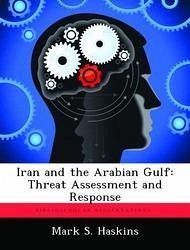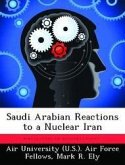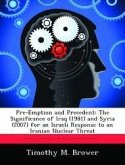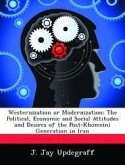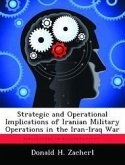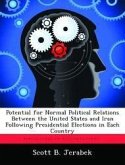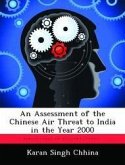The Arabian Gulf is of critical importance to the United States and our European and Asian allies. The region contains two-thirds of the world's known oil reserves, and the waterway itself is the key sea line of communication to this resource. As the world's only remaining superpower, the U.S. maintains a close watch on the Gulf and threats to its access. Following Iraq's defeat during DESERT STORM, the U.S. has refocused much of its attention on Iran and its growing military sea-denial capabilities. In light of the importance we place on the waterway, U.S. decision-makers must understand the extent of the Iranian threat to the free flow of commerce through the Gulf, and how best to counter it. Our thesis asserts that given the current geopolitical situation, the Iranian threat to the waterway is overstated; however, Gulf Cooperation Council members can and should take the lead in countering any attempt to deny its free access, and in the long term, the U.S. can join them and our other allies to help reduce Iranian incentives to threaten the Gulf.
Hinweis: Dieser Artikel kann nur an eine deutsche Lieferadresse ausgeliefert werden.
Hinweis: Dieser Artikel kann nur an eine deutsche Lieferadresse ausgeliefert werden.

